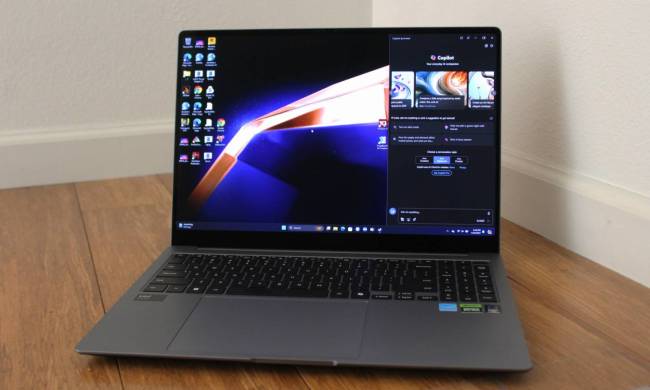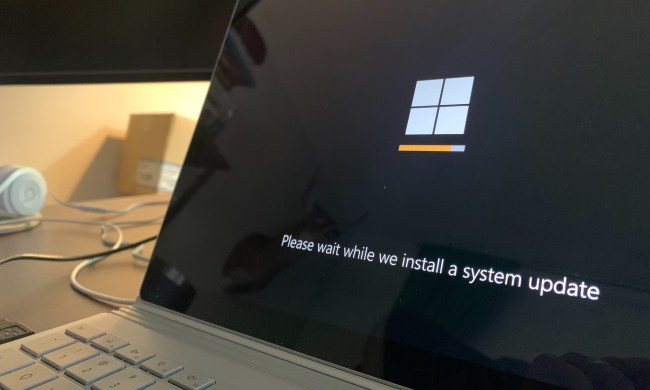
Build 14376 is now being distributed to users in the fast ring of the Insider program, and reportedly contains some 1,800 bug fixes over the previous preview build. Those on the slow ring will instead be receiving build 14372, which received its initial preview release just a few days ago on June 23.
A new update to the Windows Store should improve performance, and make operation a little more reliable. Extra accessibility features have also been added.
Indeed, accessibility seems to be something of a focus for this new build. Narrator has been improved, with a common cause of crashes removed and the ability to use physical volume buttons while in Scan Mode added.
A couple of niggling problems related to typing have also been taken care of. Some users found that they were unable to type in certain Unified Windows Platform apps, whereas others observed that some Polish characters would repeat when entered into text fields in UWP software. Both issues are now thought to have been rectified.
The build also contributes fixes to errors in developer mode, UI issues with Windows Hello, and a glitch that caused lock screen backgrounds to display incorrectly.
One notable piece of functionality has actually been removed from Windows 10 in the new build. A well-received feature that allowed users to send and receive text messages from their Windows 10 phone while working on their computer has been discontinued, and is set to be folded into the Skype app at a later date.
For full patch notes, head to this announcement post on the official Windows blog.


